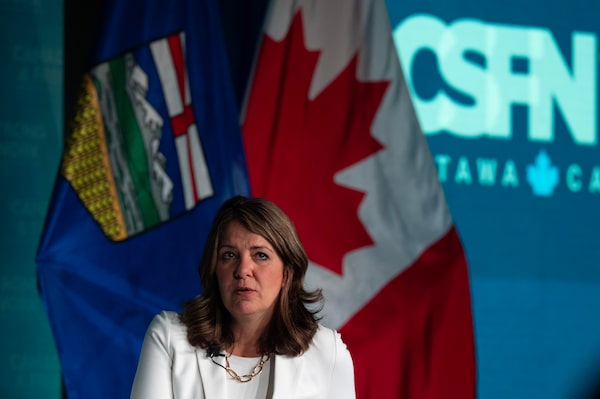Understanding the Current Political Climate in Alberta, Canada
Alberta, Canada, is a province known for its rich natural resources and diverse culture. In recent years, its political landscape has drawn national and international attention. Debates regarding separatism and Indigenous rights have intensified, shaping the future for residents across Alberta.

The Rise of Separatist Sentiment
Following recent federal election results, some groups in Alberta, Canada have renewed calls for greater provincial autonomy. Voices advocating for separation have become louder. According to Newsweek, the idea of an independent Alberta has gained momentum after the victory of the Liberal party.
Politician Cameron Davies highlighted this surge, stating, "Today is the birthday of many new separatists in Alberta." While separatism is not unprecedented in the region, the desire for more control over Alberta's resources and policies has intensified arguments on both sides.
Indigenous Perspectives and Treaty Rights
The topic of separatism cannot be discussed without addressing the perspective of Indigenous communities in Alberta, Canada. Many First Nations leaders have voiced concerns over separatist ambitions. They argue that such actions threaten the fundamental treaties made long before Alberta became a province.
A recent article by The Globe and Mail details how Alberta's Premier Danielle Smith faced criticism from Indigenous groups for statements and proposed policies related to separation. Chiefs from Sturgeon Lake Cree Nation and Mikisew First Nation penned letters urging the Premier to uphold treaty obligations and involve Indigenous peoples in any major constitutional or land decisions.
Law experts emphasize that these treaties, established before confederation, still hold significant legal weight. Any move towards Alberta's independence would require full consultation and partnership with all involved First Nations. As one Indigenous political leader noted, "Any path to separation must include meaningful negotiation with First Nations."
The Ongoing Debate in Alberta, Canada
The conversation about Alberta's place within Canada is far from over. Premier Smith has stated that Albertans will have opportunities to offer input on important issues, including through referendums. However, she has clarified that she will not personally lead a separatist movement, leaving the door open for citizens and groups to pursue such initiatives if public support exists.
Despite high emotions, the majority of Albertans continue to participate in democratic processes, voicing opinions on the province's future. Recent legislative discussions have invited residents—including Indigenous peoples—to contribute ideas and perspectives.
Conclusion: Alberta, Canada at a Crossroads
Alberta, Canada, stands at a pivotal moment. Separatist ideas, treaty rights, and questions of governance continue to shape debates across the province. As residents and leaders consider the way forward, honest discussion and inclusive dialogue will remain key.
For those interested in following the latest developments, reading comprehensive reports such as Alberta Separatists Push to Leave Canada After Liberals Win Election – Newsweek and Indigenous groups call on Carney to rein in Alberta Premier – The Globe and Mail offers valuable insight.
Alberta, Canada, will continue to evolve. Its future depends on the choices its people make together.